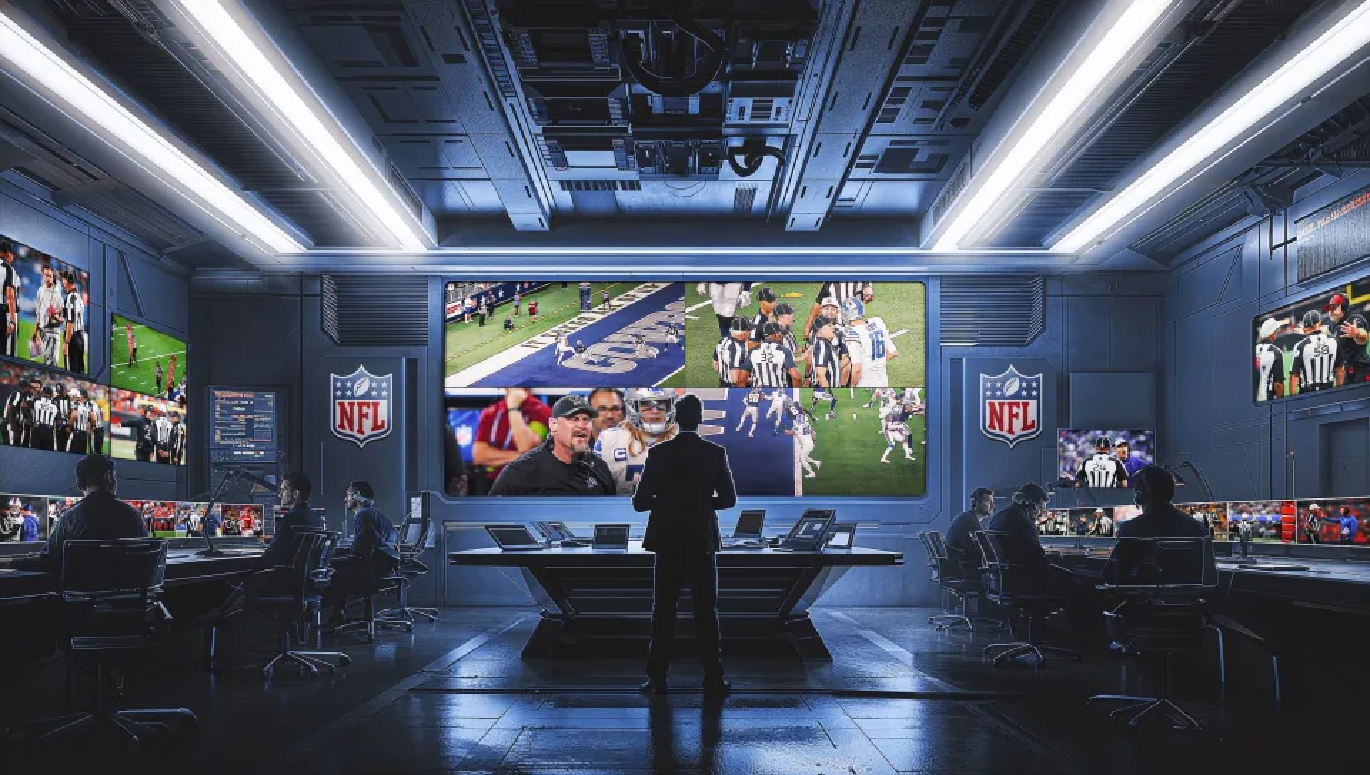NFL officiating is broken, according to coaches and executives. Inside a fractured system with no imminent fix

By Jori Epstein, Senior NFL Reporter
The video from NFL officiating hit head coach and general manager inboxes on Tuesday.
For 106 seconds, a narrator explained league rules on reporting a change of position atop video clips from the controversial ending to the Detroit Lions-Dallas Cowboys game on Saturday night.
“It is the responsibility of the player to be sure that change in status is clearly communicated to the referee by both a physical signal with his hands up and down in front of his chest,” an automated voice said, “and to report to the referee his intention to report as an eligible receiver.”
At club facilities across the country, a collective eye roll ensued.
“It’s just so [cover-your-ass],” one NFC assistant coach told Yahoo Sports by phone. “Just silly.”
“It’s just gaslighting everybody in the NFL,” an executive from another NFC team said.
Exasperation stemmed less from the video’s interpretation of rules and more from the misdirection that club staffers believe characterizes the league’s approach to accountability in officiating.
“I would bet my bottom dollar the ref screwed up and was going through the motion,” one AFC general manager told Yahoo Sports. “It’s an inexcusable mistake for a game that had huge playoff implications in prime time. [But the league is] defensive of officiating for some reason.”
Troy Vincent, NFL executive vice president of football operations, addressed concerns Dec. 13 at league meetings in the Dallas area.
“During my time, you have half the teams that win in a week, they say the officiating was good,” Vincent said. “The other half that loses don’t like the officiating. That’s a reality in our game. We are not perfect.
“The concern is to make sure that we are getting better.”
NFC and AFC coaches and executives who spoke to Yahoo Sports for this story overwhelmingly said they believe NFL officiating is getting worse, not better. Black-and-white striped individuals on stadium fields are not the primary concern, they said. Rather, oversight from league headquarters in New York and team owner sentiment are the top impediments to change.